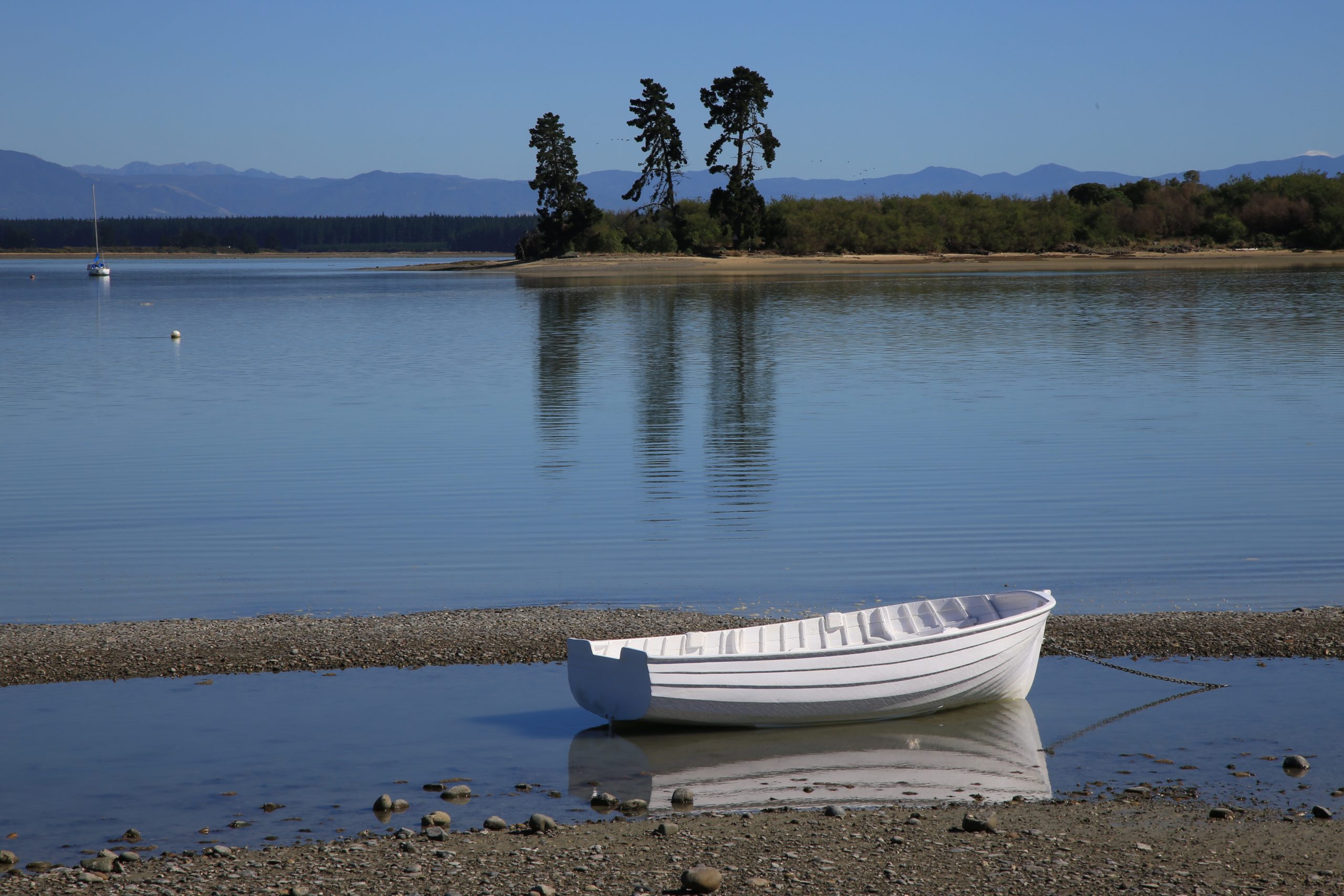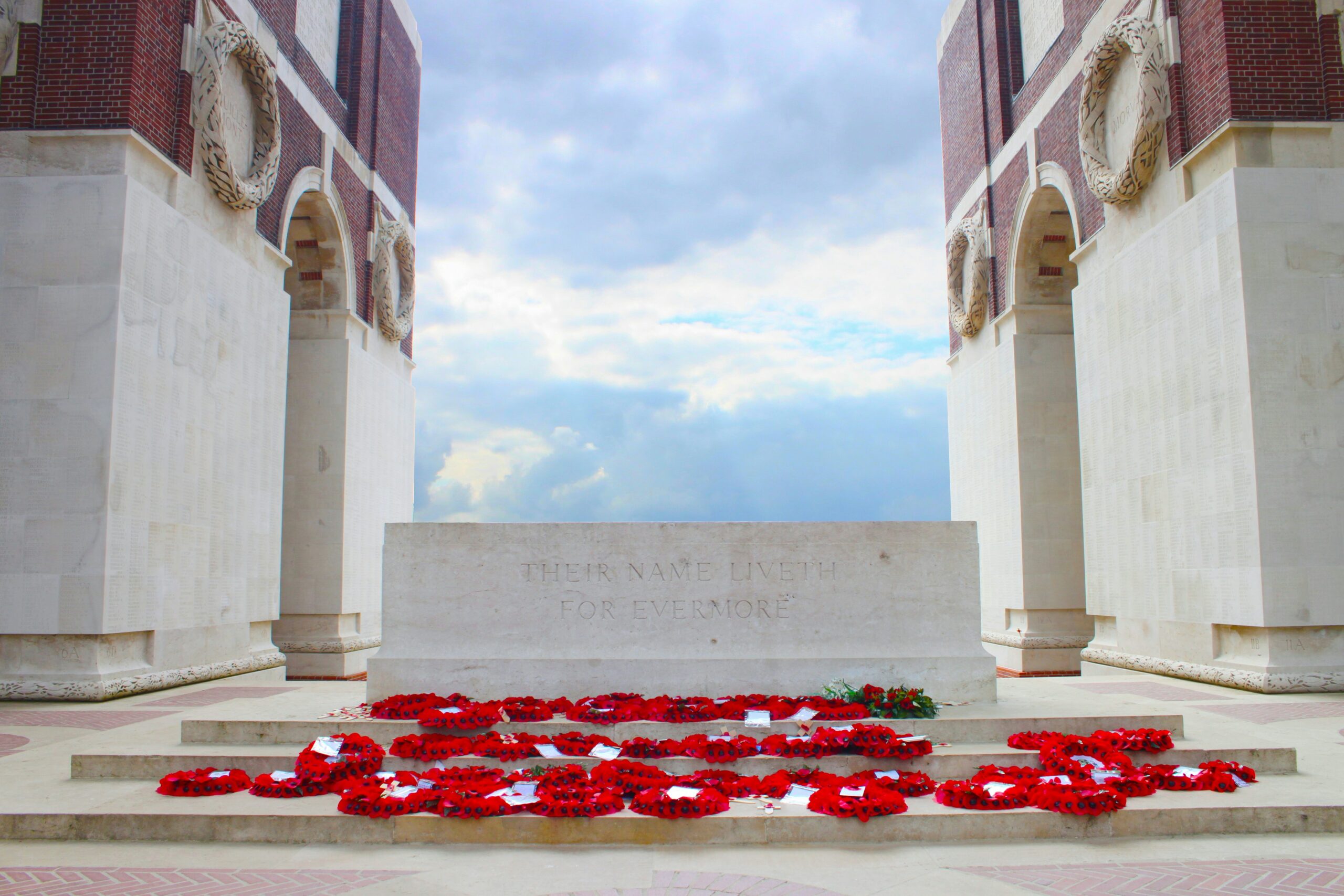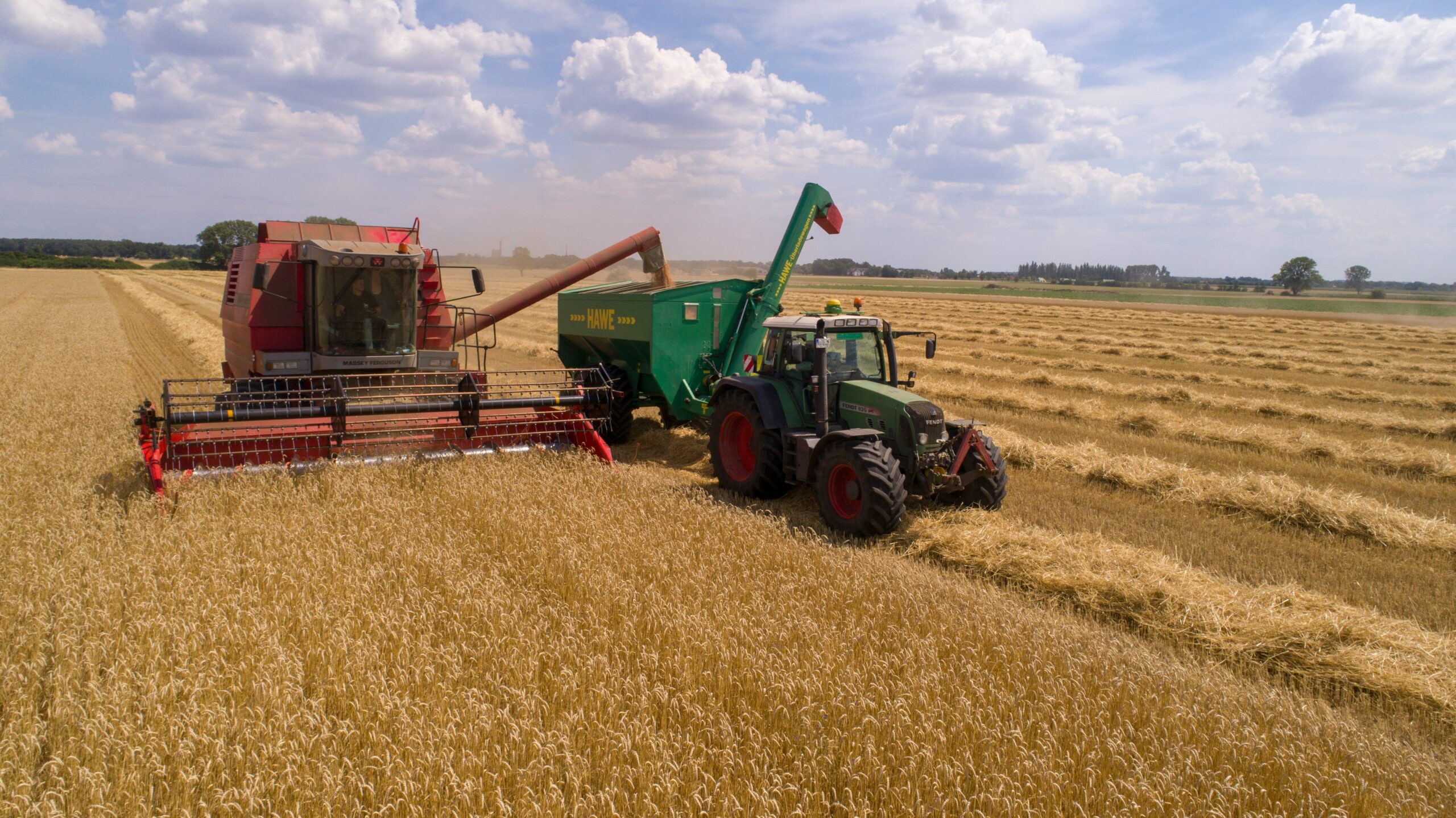Then all the people of the region of the Gerasenes asked Jesus to leave them, because they were overcome with fear. So he got into the boat and left.
Luke 8:37
I’ve never really “got” magic. I used to despair when I was younger that Paul Daniels always seemed to be on television, when I’d much rather have been watching a comedy or a drama. When I worked in London and David Blaine locked himself in a glass box, I couldn’t really understand the point of his actions. Even recently, I happened to be flicking through the channels on my television and caught a bit of a “100 Greatest Magic Tricks” show. A couple of the tricks I caught involved a guy being chained up, tied up in a mail bag, locked in a cage – and then being thrown out of a plane, with a parachute tied to the outside of the cage. Another involved a man seemingly plunging swords into himself. All a bit weird really.
I think part of my dislike of magic comes from the fact that I don’t understand how – or why – the magician is doing the trick. Sometimes I actually get nervous about something going wrong and wonder why someone would even attempt these crazy acts.
It was similar for the people of Gerasenes. They had just witnessed Jesus casting out demons from a possessed man – a man considered dangerous – and sending them into a group of pigs. The people watching had no idea who Jesus was, and were fearful of his powers. They no doubt wondered where he got his power from, and whether he was good or bad. They also would probably have worried what Jesus might have done next. Maybe he’d do something to them! Much easier, they thought, if Jesus just left them alone.
What was Jesus’ response when asked to leave? He quietly got back into the boat he had crossed the sea in, and left the people of Gerasenes alone.
It is worth reflecting on where Jesus draws his power from. If you believe, like me, that Jesus is the Son of God, then he draws his power directly from the creator God, in which case we had better pay attention to him. If we decide that we want Jesus to leave us alone, he will do. But surely it is in our interests to have him stick around and listen to him more closely!












Leave a Comment